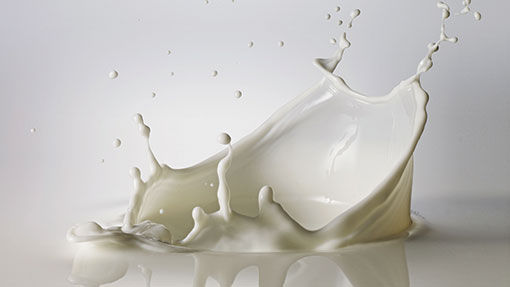Global Dairy Trade auction prices slump to two-year low

Prices at the Global Dairy Trade auction crashed to a two-year low this week.
The average winning price of US$3,025/t (£1,795) on Tuesday (5 August) was 8.4% lower than at the previous sale – the third consecutive sharp drop.
Buyers seemed to stay away as supply was 32% higher, with 48,380t of product sold.
Whole milk powder, cheddar and butter milk powder suffered the biggest drops, with butter and skimmed milk powder close behind.
Commodities on the auction have lost 40% of their value since February and are at the lowest point since August 2012.
See also: Strong pound adds farmgate price pressure
INTL FC Stone dairy analyst John Lancaster said there was plenty of milk flowing around the world and the only certainty was that prices would remain volatile.
“The headline drop was quite substantial and we are now at the low end of prices over the past five years,” he said.
“At this time of year we might expect the Middle Eastern buyers to come back in after Ramadan to replenish stocks.
“I would have thought there would have been more demand at this kind of price level.”
World milk production remains strong so far this year.
The UK is running about 8% up on the year and Irish production was 10% higher between April and June.
Farmers in Europe’s biggest dairy nation, Germany, had delivered 3% more milk by mid-July than at the same point in 2013.
US production in June was 2% higher on the year, as farmers enjoyed a particularly strong milk price:feed price ratio.
Last week, New Zealand dairy giant Fonterra dropped its milk price forecast for the 2014-15 season, blaming larger inventories in China, weak demand in emerging markets and high world supplies.
British co-op First Milk has cut its manufacturing price by 0.5p/litre to 29.6p/litre and its liquid contract by 0.65p/litre to 28.1p/litre from September.
Chairman Sir Jim Paice said falling market returns for dairy products were the reason for the fourth reduction in four months.
“Unfortunately at this stage there is no sign of a turnaround,” he said.
